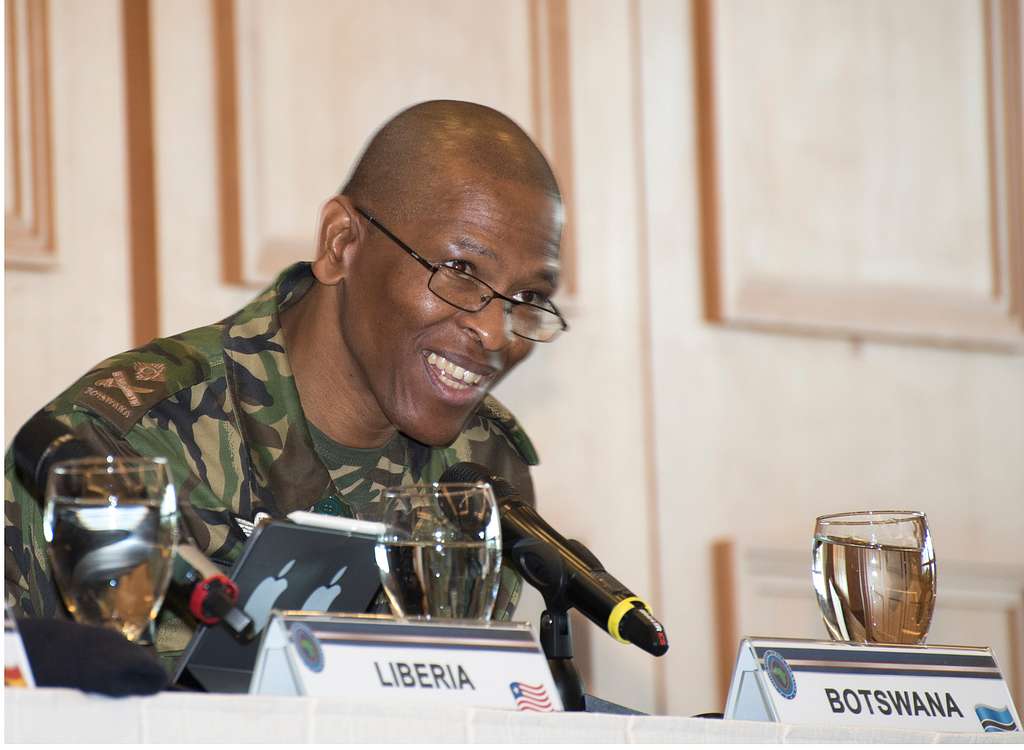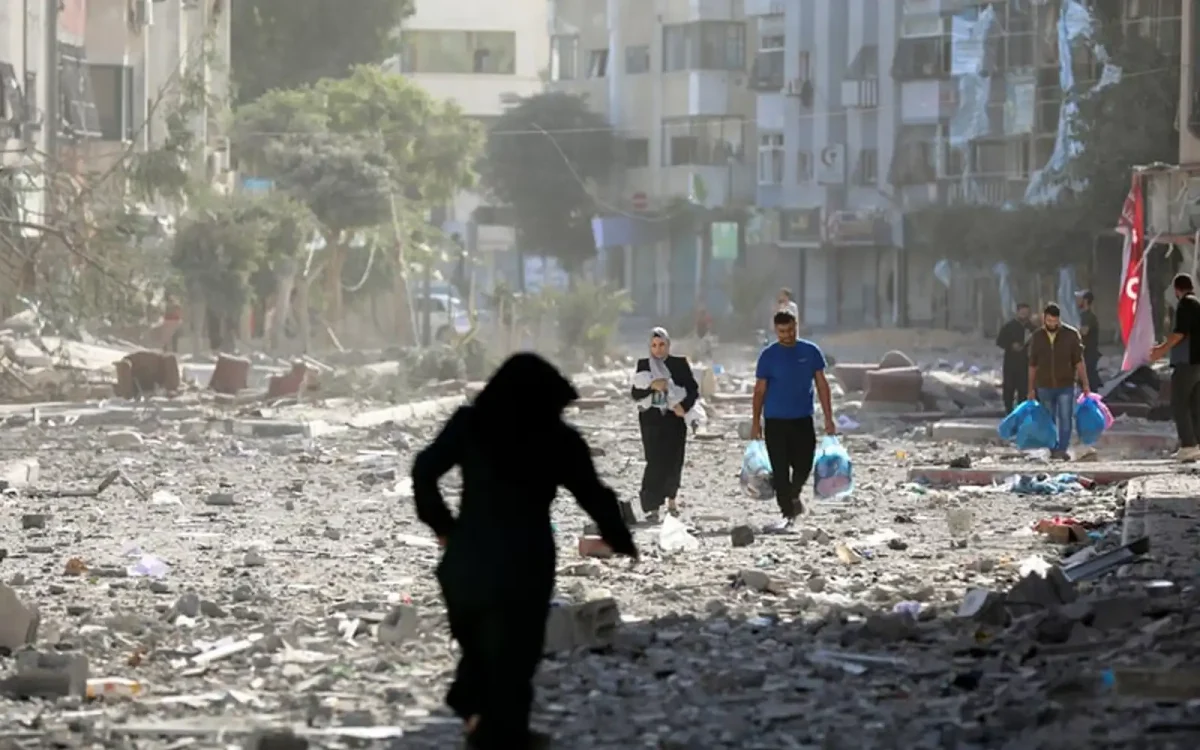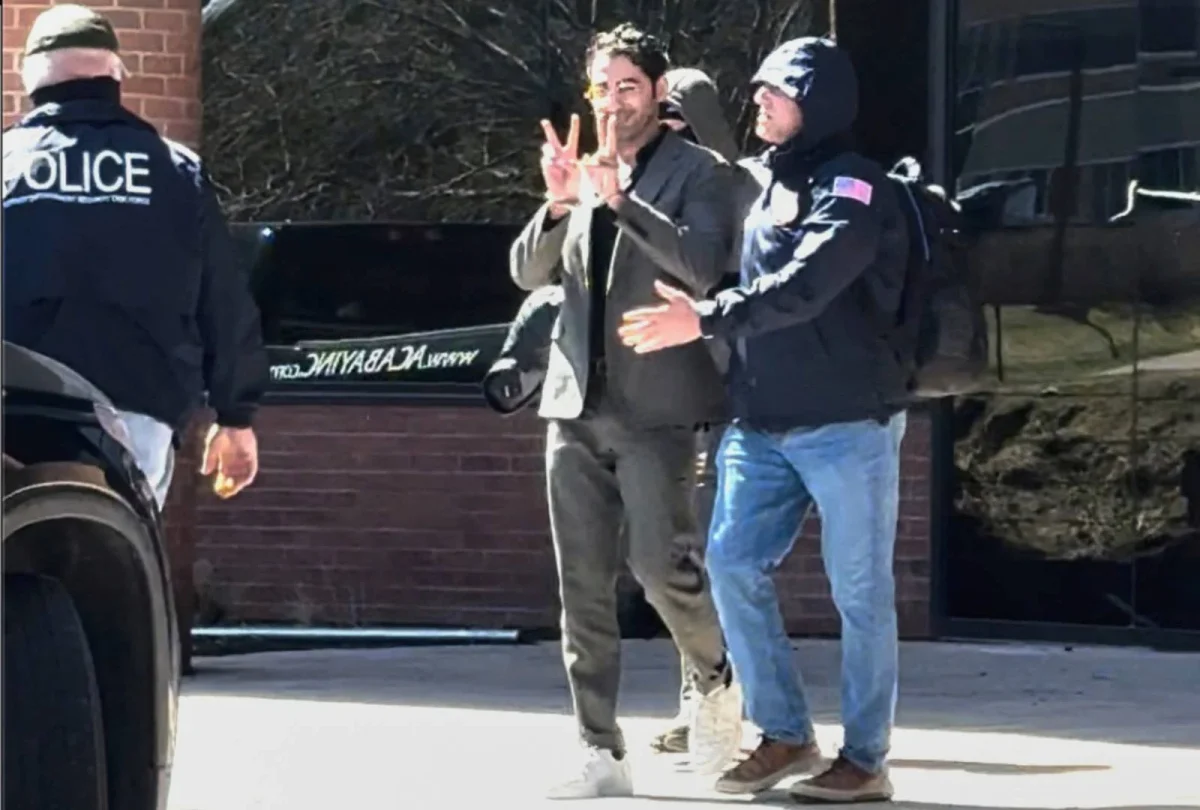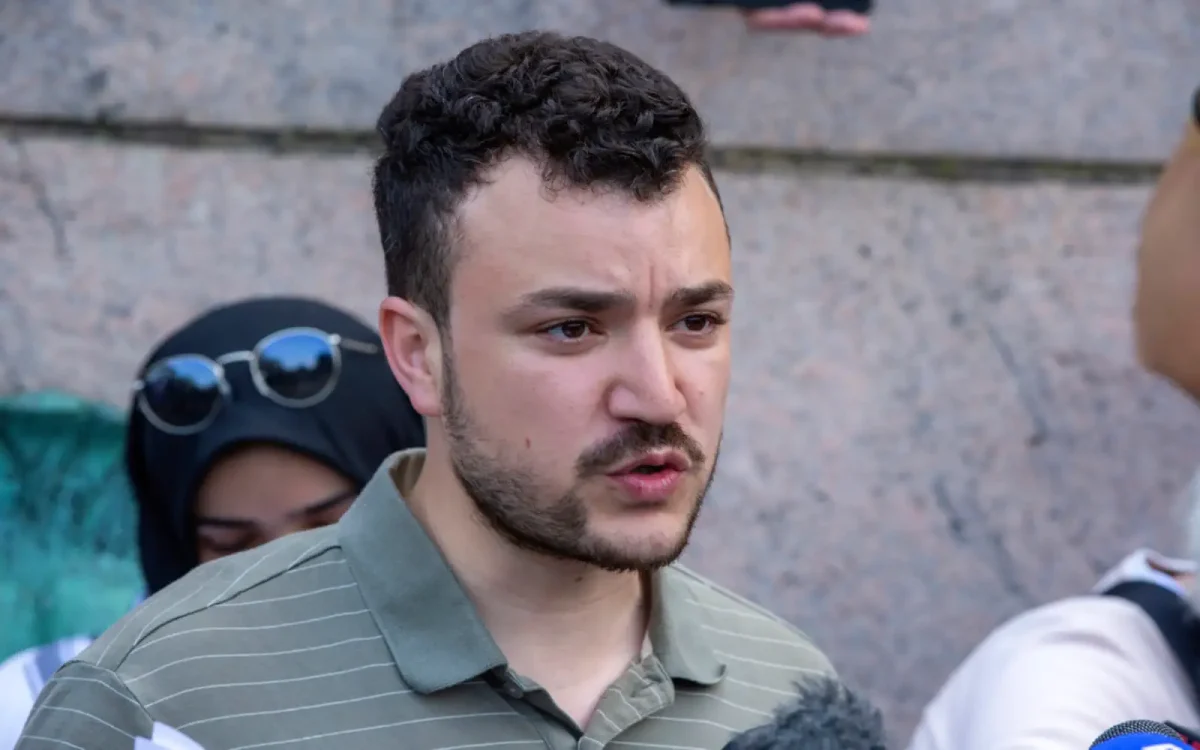Students and student leaders came together in the African American Cultural Center to find solutions to address the Free Expression Tunnel incident at an open African American Student Advisory Council meeting Friday.
Members of the council as well as student senators, Dr. Jose Picart, vice provost for Diversity and Inclusion, Vice Chancellor of Student Affairs Dr. Thomas Stafford, John Dailey, deputy director for Campus Police, Campus Police Director and Chief Tom Younce, and Senior Associate General Counsel David Drooz, are just a few of the staff and administration that attended to answer questions from the concerned student body. Chancellor Oblinger was unable to attend the meeting.
The scene was one too familiar to students as AASAC held a similar meeting one year ago in response to a noose placed in the Motor Pool room in Sullivan Shops. The idea was the same as well; to find out what really happened, what is currently being done about it and what can be done now or in the future to keep the practice of using of racist and threatening speech and acts from occurring again.
Dr. Picart began with references to Chancellor Oblinger’s revised statement to the University, mentioning the formation of a task force that will devise solutions to deal with future hate crimes here on campus and possibly, a hate crime policy.
Students have been attempting to jump start legislation on hate cimes and hate speech themselves. Junior Maritza Adonis proposed a bill at last Wednesday’s Student Senate meeting that called for the expulsion of the students, responsible for the threatening messages painted on the Free Expression Tunnel walls. At the Student Senate meeting, many students expressed their fears and concerns to the senate body in hopes that the senate would fast-track the bill.
Jonathan Payne, a junior in parks recreation and tourism management said to senators at the meeting, “I feel scared for myself, I feel scared for my friends. I find it’s really hard, to worry about your safety, to worry about what the person next to you is thinking.”
The bill was not fast-tracked but rather sent to a student senate committee to be revised and allow more students to express their opinion of the bill. The senate will vote on the revised bill at tonight’s meeting.
Many students were not pleased with the Senate’s decision. “They spent more time talking about meal plans than safety” said Jasmine Brown a freshman in political science. “They debated meal plans and not safety.”
In response to these fears, students have expressed the desire for greater Campus Police visibility. At the AASAC meeting, Dailey said that the Campus Police are working on increasing visibility by positioning more officers around campus, but where those officers are placed usually depends on crime reports. Since many crimes don’t get reported, Dailey said “We need input from you all as to which areas we should place officers.”
Candace Lee stood up to make one point clear; that the Student Senate does not have the power to make or pass a hate crimes policy. It’s up to the Chancellor to pass such a policy. If they accept a bill, it simply shows their support for it.
Drooz said that passing a policy is not the responsibility of the chancellor alone but rather a “shared governance.” The chancellor combines his ideas with other administration to establish a new policy.
Campus Police assured concerned students that an extensive investigation was done to make sure that the students did not pose any real threat to President-elect Barack Obama or students on our campus. Dailey mentioned that the Campus Police are still receiving new information about certain aspects of the incident and from the investigation stating that different pieces of the investigation are in fact still going on. However, he refrained from going into any further detail.
Chief Younce stepped in with a breakdown of the series of steps of the investigation citing that it was performed by the Federal and State agencies mentioning the Secret Service, and that the students did not walk in and confess, “those individuals were found” he said. The cameras in the tunnel served as a method of identifying the students.
So if the police, know who did it, why can’t anything be done? Drooz said that the words must be perceived as a true threat and not just a response to disappointment and anger. He explained that the judgment call as to whether the threat is valid is up to law enforcement. Something he says is still “a matter under review.”
So what do we do now? If language or “free speech” such as the racist and threatening remarks painted in the tunnel is used, who can students turn to?
Dr. Picart, re referenced the developing task force again, saying that it will be the task force’s job to get to the issues. The administration hopes to have these possible solutions that the task force comes up with implemented by August.
Students on the task force will be ultimately selected by the chancellor. Student Body President Jay Dawkins and Student Senate President Greg Doucette, are two of the students who will be recommending names for task force members.
In an opportunity for other faculty to present their thoughts, Dr. Keith Powell, associate director for the African American Cultural Center said “N.C. State is a microcosm of the real world. This is the reality of the world we live in.” He expressed that racism is not just going to go away when we leave this campus.
Overall, students had mixed feelings about their understanding of the incident and what will be done about it after the meeting. “We’re not being informed about what’s really going on. The tie between them [administration, Campus Police] and us is not completely there” said Reginald Parks, a sophomore in sport management.
“I feel like the only thing that’s been accomplished is that [we know] we’re going to have a task force. If we do have another policy, what kind of weight is it going to have?” said Stevie Clark, a junior in nuclear engineering. “According to the lawyer [Drooz], we don’t need another policy.”
Geoffrey Hunter, a senior in political science said “It’s a hard issue to just have one solution for. The Chancellor has announced that there will be a task force. Student leaders will be able to hold the task force accountable in working to create a hate crime policy.”




